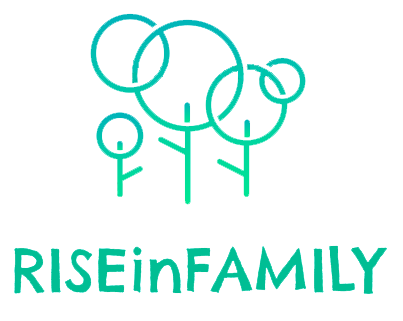Hygiene
Newly born babies, and certainly those who are born early, do not yet have much resistance against infections. You can find more information about this in the article ‘Characteristics of a premature baby’.
Equipment and special care
You will see a lot of equipment around your baby which is necessary to monitor and treat your baby. Only the nurses and doctors may use this equipment.
Disorders
Respiratory problems can have various causes. For instance, because of the immaturity of the lungs, an infection, meconium or fluid in the lungs as explained below. After the birth it may be that your baby has difficulty breathing.
Skin-to-skin Kangaroo care
Physical contact between you and your baby is very important for your child’s growth and development as well as to build a bond with each other. It gives a feeling of safety and connectedness.
Feeding the baby
During your stay in hospital, you will be expertly guided to make breastfeeding a success. Breast milk is recommended as the first choice for feeding your baby. However, whatever you choose, breastfeeding, formula feeding or mixed feeding, every choice is good.
The baby’s development
Your baby’s admission to hospital in the department of neonatology represents a sudden change in the surroundings for a newborn (premature) baby to grow and develop.
Premature birth
A baby that is born too early is called premature. That is to say, when your baby is born before the 37th week of pregnancy, we speak of a prematurely born baby.
Diagnosis
During your baby’s stay in the department of neonatology, blood tests will often be done on your child. This will be done by pricking the heel or taking some blood using an intravenous drip.


